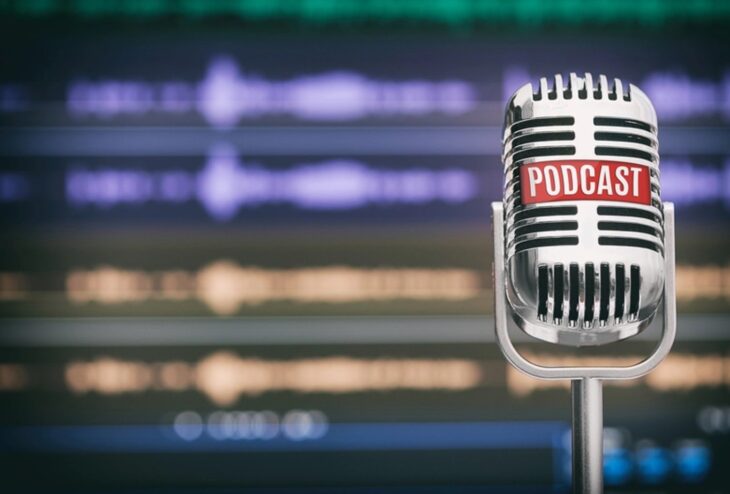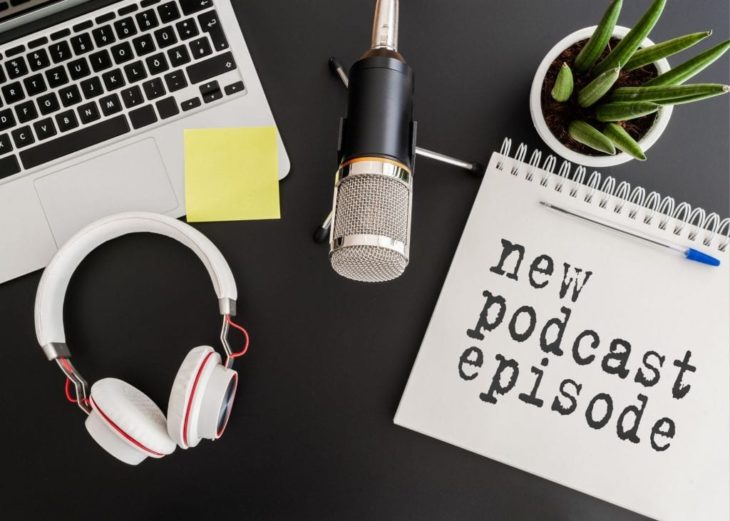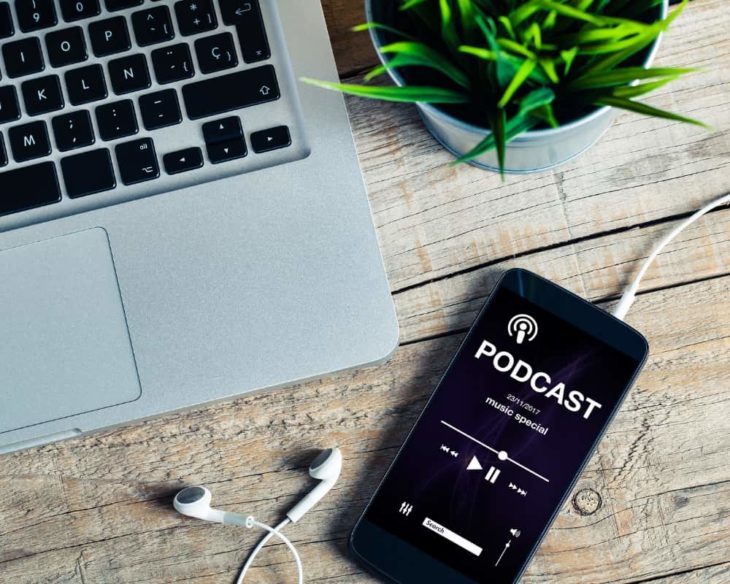By now, you’ve probably already had a chance to hear the term podcast in everyday speech – which probably put you in doubt about what it means, or what it represents. Maybe someone recommended you listen to a podcast, or you heard someone talking about a podcast, or maybe an acquaintance of yours started his podcast. What are podcasts, why are they worth looking for and listening to (if you haven’t done so yet), and are they worth starting – read below.
Contents
What Is A Podcast?
A podcast is an audio file that is intended for listening and can be accessed over the Internet. It is available in the form of episodes, that is, serial – where each of these episodes can be downloaded and where the user can become a subscriber. Technically, a podcast is an audio file in mp3 or some other format – and is based on the principle of RSS feed technology. Users first need to have an internet connection. They also need a listening device that can be a computer or a mobile device, some of the many podcast services, little interest, and some free time. This is all.

Source: prepadviser
Podcast Popularity
In the last few years, podcasts have experienced a real boom. This was due to many different parameters. In short, the factors that influenced podcasts to become so popular are:
- Overwhelming users of the mainstream media
- The diversity that podcasts provide
- Improving the internet
- Relatively inexpensive and easy to make podcasts
- Independence in editorial matters
- Simple and free podcast consumption
Of course, we shouldn’t forget the change in the way of life of people nowadays – in terms of disposing of time and life habits. However, to explain the characteristics of a podcast in the easiest and most precise way – it is best to compare it with radio, as a media format that is in many ways close to a podcast. So, radio broadcasting and podcasts are in many ways similar, but also different at the same time. So what are the things that made the radio and the podcast different? What are the benefits of podcasts and is creating your own podcast worth it? The answer is YES, and here’s why.

Source: Inside Small Business
Why Consider Creating Your Podcast?
Why should you think about creating your podcast? There are a handful of reasons. Namely, content is what almost everyone has to create nowadays to be noticed. Content that is not exclusively for sale, but provides some value, is the only thing that can provide you with the trust of your audience and build a reputation in your field of activity – be it business, art, hobbies, etc.
- Podcast Forms
Considering technical form, podcasts can be implemented in several different ways:
- A simple audio podcast
This is usually a simple sound edition, that we can listen to via many podcast broadcasters. Today you can follow Apple, Spotify, Google, or Youtube podcasts, etc. These are just some of the services, and you can also access them regardless of whether you are an Android or iOS user.
- Advanced podcast
This is a type of podcast that, in addition to sound, also broadcasts accompanying images or graphics, something like presentations. It can mostly be followed via Youtube.
- Video podcast
Thanks to the incredible impact of Youtube – this is probably the most popular type of podcast. We also call it a vlog, or simply – a Youtube show. If you don’t already know much about it – you can learn more about it easily because it is one of the most searched topics online. It is completely clear that besides audio, they also contain a visual component – that is, they are broadcast in video format. The list of topics is so wide – from politics, history, how-to-do tutorials, challenges, and many other shows. There is so much we can find in this place, which again – you determine when and how much you will listen and watch. If you are looking for good podcasting equipment you could check what kind of equipment best podcasters use here.

Source: Wealth Pursuits
Podcast Is More Affordable Than Other Content Placement Formats
We can often hear that every business should have not only a website, which is the basis for any online presence, but also continuous content that would attract an audience – most often a blog. That’s perfectly OK, and we don’t think a podcast should replace a blog or a video. But consider the following – how many people or businesses create a blog, and how many work on some video or audio content? If we can agree that video or audio will set you apart from most, consider how much effort and time it takes to create video content (input, commercial, animation) compared to recording audio content.
Diversity Of Topics
Since they are online, podcasts are available worldwide. This makes them worthwhile compared to radio stations that can be local. Another advantage of podcasts is that they cover certain specific topics – and that is what makes them unique and diverse. For example, if you are a dog lover, or you like sports or politics – for all that, or anything else, a certain podcast is waiting for you. You can hear something about all this on the radio, but not so extensively in the sequels – that is, with much-needed enthusiasm and devotion. Therefore, podcasts are essentially searched through topics.

Source: rachelcorbett
Podcasts Are Unlimited In Time
How many times in your life have you joined a radio show in half or at the very end? It’s completely different when you listen to podcasts. What is said once on the radio goes away irretrievably – while with a podcast you can listen to the complete show when it suits you. You can also fast forward or rewind and listen as much as you want. Podcasts also remain stored online – and you can access them at any time. That means you can also listen to a podcast that has been broadcast in the past.
Conclusion
In the end, if we start from ourselves – each of us has at least once watched or listened to some kind of podcast on the Internet. The times in which we live, life habits, the constant demand for various content, the influence of modern technology, relatively easy and cheap distribution – are some of the basic characteristics that will contribute to the already great prosperity of podcasts in general. Given its current popularity, it wouldn’t be surprising that it might even send some of the old media formats into history.
